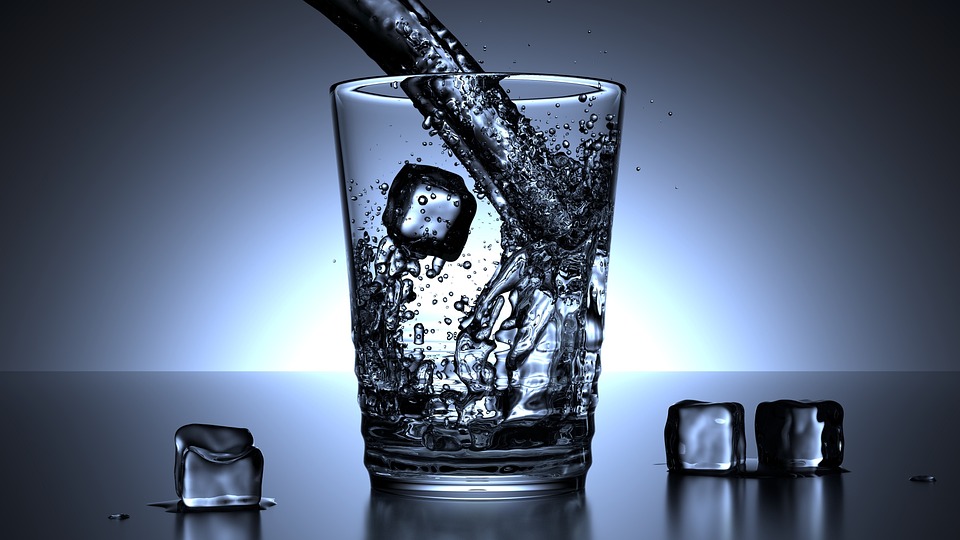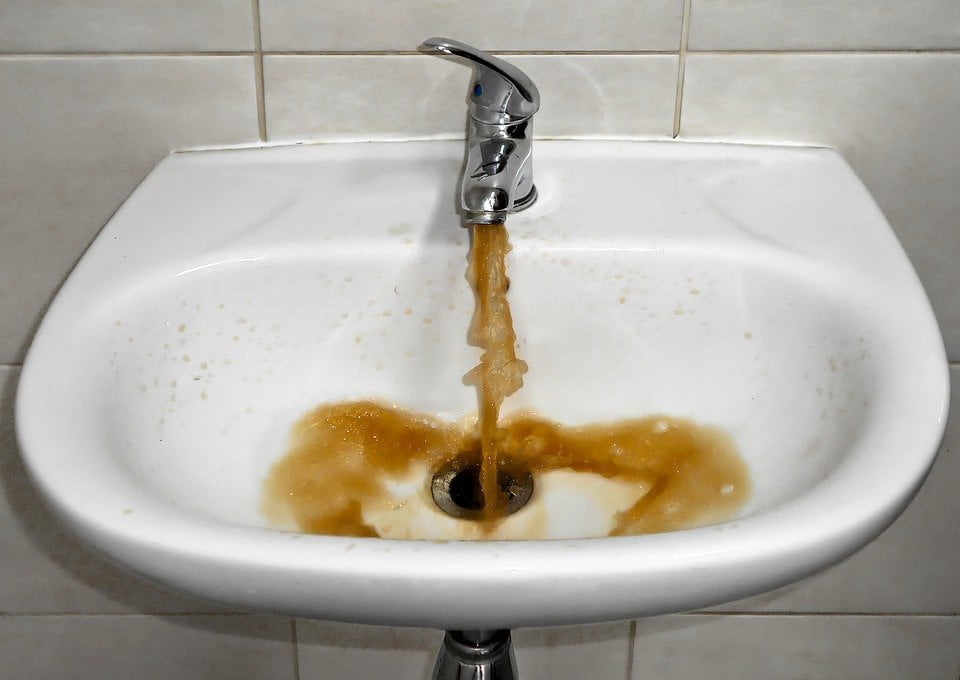Alarming messages are spreading on social networks that Rospotrebnadzor has set standards for the content of hormones and antibiotics in drinking water and now the content of these substances will increase, which will negatively affect the health of the nation. We decided to check whether this information is true.
The fact that the department will add hormones and antibiotics to the water, report numerous Telegram channels, including such information in blog Maria Shukshina. This alarming news is reported video bloggers And sites. Comment this news is as follows: “Now, “as part of the harmonization” of relations with WHO and Europe, Rospotrebnadzor requires the addition of hormones and antibiotics to drinking water. Without fail. Any general practitioner at an appointment warns the patient: “Start taking antibiotics only if the temperature is above 39. If not, it means that the body and the immune system are struggling.” Also, any doctor will confirm that antibiotics weaken a person’s natural immunity. Why are Rospotrebnadzor (which until recently forced citizens to wear gloves as part of the fight against coronavirus) so scared that it makes decisions that directly affect the health of millions of people, without providing a single justification, without conducting any scientific discussions?” Users suggest, why this may be necessary: “Putin’s consumer supervision openly and publicly stated that he began adding both hormones and antibiotics to our drinking water. We have no doubt that other substances are added that turn people into sleeping and amorphous “vegetables.” After all, the main thing for the Kremlin kagal is that the Russian people they destroy are incapable of being indignant and resisting the genocide being carried out. After such statements by the Jewish Kremlin fascists, we should all draw the appropriate conclusions and try to minimize the use of tap water for drinking and cooking.”
Users became alarmed after publication interview Head of Rospotrebnadzor Anna Popova. At 16:18 she reports: “We have introduced mandatory standards for the content of hormones and an additional range of antibiotics in drinking water. We harmonized them with the European, with the WHO volume of standards that exist today.”
WHO back in 2011 released document “Pharmaceuticals in Drinking Water”, outlining all the risks that humanity faces if too much medicine gets into the water, and indicating how this can be avoided. The document deals not only with antibiotics and hormones, but also with antihistamines, antiepileptics, anti-inflammatory drugs, beta blockers and analgesics. The authors of the document explain the release of pharmaceuticals into water by insufficient treatment of groundwater and wastewater, as well as violations in the disposal of medical waste.
Each country has its own documents regulating the maximum permissible concentration (MPC) of various substances in drinking water. In Russia such a document called “Hygienic standards and requirements for ensuring the safety and (or) harmlessness of environmental factors to humans.” The head of Rospotrebnadzor explains in his interview that there were many disparate decrees for regulating maximum permissible concentrations, for example, “On the introduction of hygienic standards Emergency Exposure Limits (AEL) of 1,1-dimethylhydrazine (UDMH) in the air of the working area (for those working at the source of the accident)”, “Approximate permissible levels (TAL) of chemicals in the water of domestic and drinking water bodies cultural and domestic water use", "Maximum permissible concentration (MPC) of 1,1-dimethylhydrazine (heptyl) in soil" or "Maximum permissible level (MPL) of arsenic contamination of waste metal structures of objects for the destruction of toxic substances of blister action." All of them lost force with the adoption of a new, more comprehensive document.

The new document (“Hygienic standards and requirements for ensuring the safety and (or) harmlessness of environmental factors for humans”) includes maximum permissible concentrations in water for various purposes, air, soil of a whole range of substances, as well as many other standards - for furniture, printing, lighting, arrangement of subway and railway cars, etc. The document was adopted in January 2021, and came into force in March. The entire section III is devoted to water, including subsection "Approximate permissible levels (TAL) of chemicals in drinking water."
You need to understand that the entire document does not regulate how many antibiotics, hormones and other substances should be in the water, but at what threshold value the water is considered no longer suitable for drinking and must be subjected to additional purification. The fact that there were no MPCs for hormones and antibiotics did not mean that these substances were not present in the water at all, but that the agency did not assess their presence and quantity. It is this meaning that Anna Popova put into the phrase “we have harmonized [Russian standards] with the European, with the WHO volume of standards.” Moreover, in the same interview she reported, that “these regulations retain all the requirements that protect our health.” The department also explained, that “after the emergence of strict requirements for the content of antibiotics or hormones, supervisory authorities now have a control tool - if there is an excess of a certain list of substances, those who supply water to people will be punished.” From this we can conclude that water will not become “dirtier” at the initiative of the regulatory body, but there will be more criteria for assessing the suitability of water, therefore, more polluted water will not reach the consumer.
Thus, social network users took Anna Popova’s phrase out of context and inverted its meaning in a terrifying way. However, the initiative of Rospotrebnadzor is not aimed at deteriorating water quality, but, on the contrary, will protect consumers from drinking water of poor quality.

Fake
Read on the topic:
- Is it true that a silver spoon disinfects a glass of water?
- Is it true that it is dangerous to drink water after boiling it again?
- Is it true that water has memory?
If you find a spelling or grammatical error, please let us know by highlighting the error text and clicking Ctrl+Enter.






